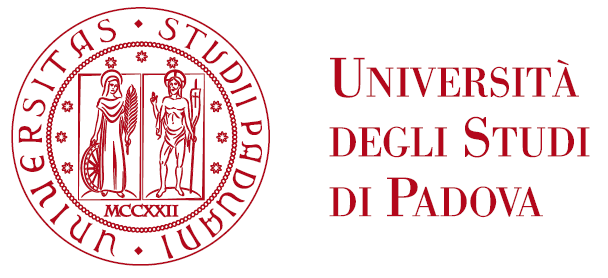


In an empirical way we are able to do many things with more or
less efficiency or success. When one wants to achieve a parallel
parking, consequences may sometimes be ridiculous… But when one wants to
launch a rocket or plan interplanetary missions, better is to be sure of
what we do. Control theory is a branch of mathematics that allows to
control, optimize and guide systems on which one can act by means of a
control, like for example a car, a robot, a space shuttle, a chemical
reaction or in more general a process that one aims at steering to some
desired target state.
In this talk Emmanuel Trélat will overview the range of applications of
that theory through several examples, sometimes funny, but also
historical. He will show you that the study of simple cases of our
everyday life, far from insignificant, allows to approach problems like
the orbit transfer or interplanetary mission design.
This Colloquium is supported by Fondazione Cariparo, Visiting Programme.
Emmanuel Trélat is Full Professor at Sorbonne Université,
Laboratoire Jacques-Louis Lions since 2011. Emmanuel obtained a PhD Degree at the University of Burgundy at Dijon in 2000. He was then appointed as Assistant Professor (Maître de conferences) in 2001 at University of Paris-Sud and in 2006 he had a faculty appointment at University of Orléans. Trélat has been director of the Fondation sciences mathématiques de Paris (2015-2019). His research focuses on control theory in finite and infinite dimensions and on sub-Riemannian geometry. He is also a specialist in numerical methods in optimal control, particularly in aerospace applications. Trélat has published over 120 papers in these topics and has supervised (or co-supervised) 19 graduate students. He has been awarded the SIAM Outstanding Paper Prize (2006), Maurice Audin Prize (2010), Felix Klein Prize (European Mathematical Society, 2012), Blaise Pascal Prix (french Academy of Science, 2014), Grand prix Victor Madame Noury (french Academy of Science, 2016). Trélat was invited speaker at ICM 2018 in Rio de Janeiro.
More infos are available here:
https://www.ljll.math.upmc.fr/trelat/
https://en.wikipedia.org/wiki/Emmanuel_Tr%C3%A9lat